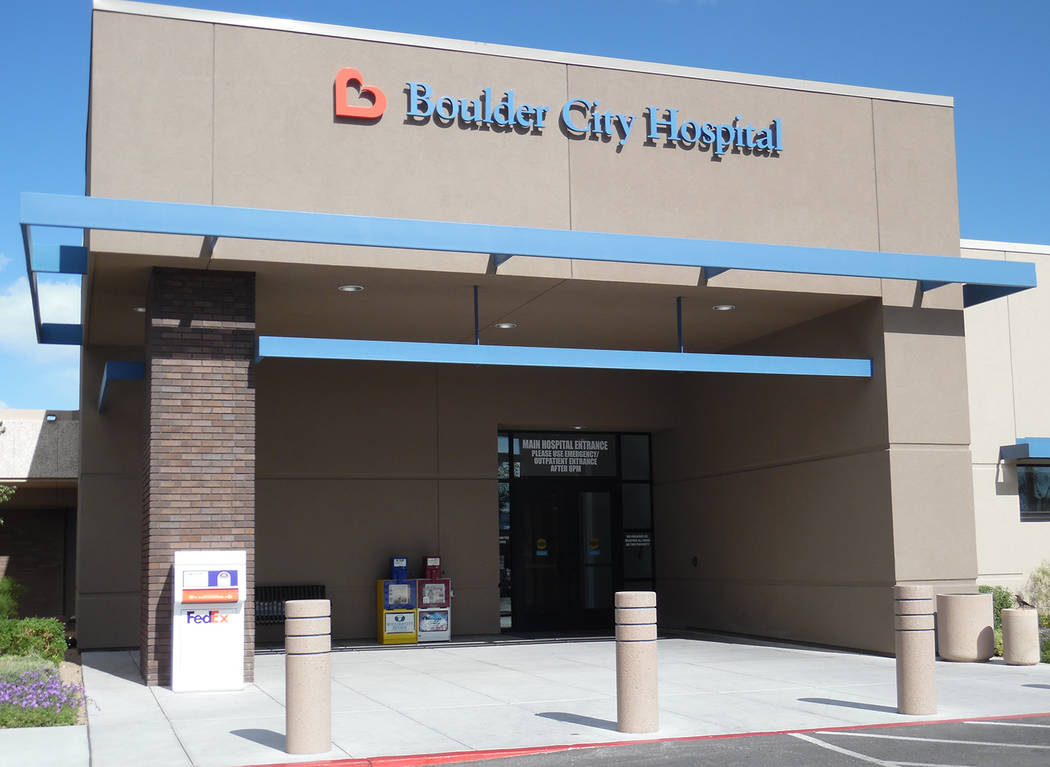Vaccines, good hygiene protect you from seasonal flu
For many people, the seasonal flu is a mild illness. But sometimes, the flu can be serious or even deadly.
The flu is linked to serious infections like pneumonia, can make existing health problems worse and can lead to hospitalization or death.
The flu is caused by viruses that infect your nose, throat and lungs. It’s easily spread from person to person when someone with the flu coughs, sneezes or talks. It’s also possible to get the flu by touching a surface or object that has flu virus on it and then touching your mouth, nose or eyes.
Symptoms may include headache, tiredness, cough, sore throat, runny or stuffy nose, muscle or body aches, fever of 100 degrees F or higher and feeling feverish or having chills.
For some people, the flu may also cause vomiting and diarrhea. This is more common in children than adults.
Remember, not everyone with the flu has a fever.
Getting a flu vaccine is the first and most important step in protecting yourself from the flu. When you get a flu vaccine, you don’t just protect yourself. You protect everyone around you. It’s best to get a flu vaccine by the end of October, if you can.
After you get the vaccine, it takes about two weeks for your body to develop protection against the flu. That’s why it’s a good idea to get the vaccine before the flu starts to spread in your community.
If you don’t get the vaccine by the end of October, it’s not too late. Keep in mind that flu season can last as late as May.
You can get the vaccine as a shot or as a nasal spray. For many people, getting a flu vaccine doesn’t cause any side effects. If it does cause side effects, they are usually mild and begin soon after the vaccine is given. These side effects aren’t the flu. You can’t get the flu from flu vaccines.
Side effects from flu vaccines usually last one or two days. They may include soreness, redness or swelling where the shot was given, low fever and aches.
Side effects from the nasal spray vaccine may include runny nose, cough and headache.
Flu vaccines are offered in many locations, including a doctor’s office, a health clinic, a pharmacy or your local health department. Your employer may also offer flu vaccines.
Here are some other things you can do to help protect yourself and others from the flu:
■ Stay away from people who are sick with the flu.
■ Wash your hands often with soap and water. If soap and water aren’t available, use an alcohol-based hand rub (hand sanitizer).
■ Try not to touch your nose, mouth or eyes. This helps keep germs from spreading.
■ Cover your mouth and nose with a tissue when you cough or sneeze, whether or not you have the flu. Throw the tissue in the trash.
■ Clean surfaces and objects that may have flu germs on them, like doorknobs. Use hot, soapy water or a household cleaner.
■ If you have the flu, stay home for at least 24 hours after your fever is gone. (Your fever should be gone without using a fever-reducing medicine.)
Remember, people with the flu can spread it to others even if they don’t feel sick. Usually, adults with the flu can spread the virus starting the day before they first feel sick, and up to give to seven days after they first felt sick. Children may be able to spread the virus for even longer than seven days.
If you get sick with the flu, your doctor may prescribe medicines called antiviral drugs. Antiviral drugs can help you feel less sick and shorten the time you are sick. They can also prevent serious complications.
If you are at high risk for complications from the flu and you get flu symptoms, it’s important to ask your doctor about antiviral drugs right away. If you need to go to the hospital because of complications, doctors may use antiviral drugs to treat you.
Antiviral drugs work best if you start taking them in the first two days after you get sick, but they may still help if you take them later on, especially if you are very sick.
To Your Health is provided by the staff of Boulder City Hospital. For more information, call 702-293-4111, ext. 576, or visit bouldercityhospital.org.
















